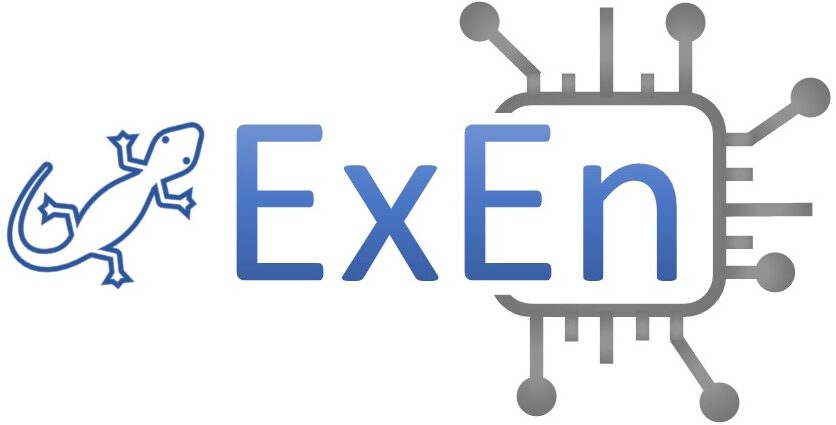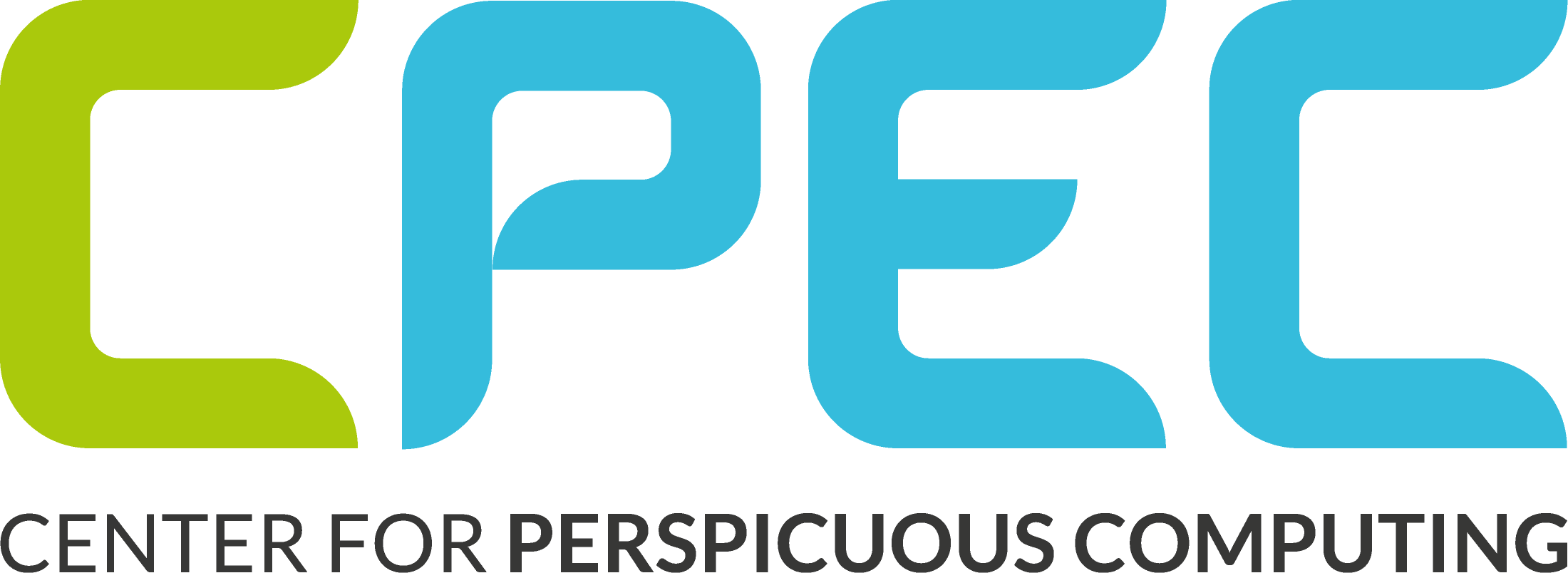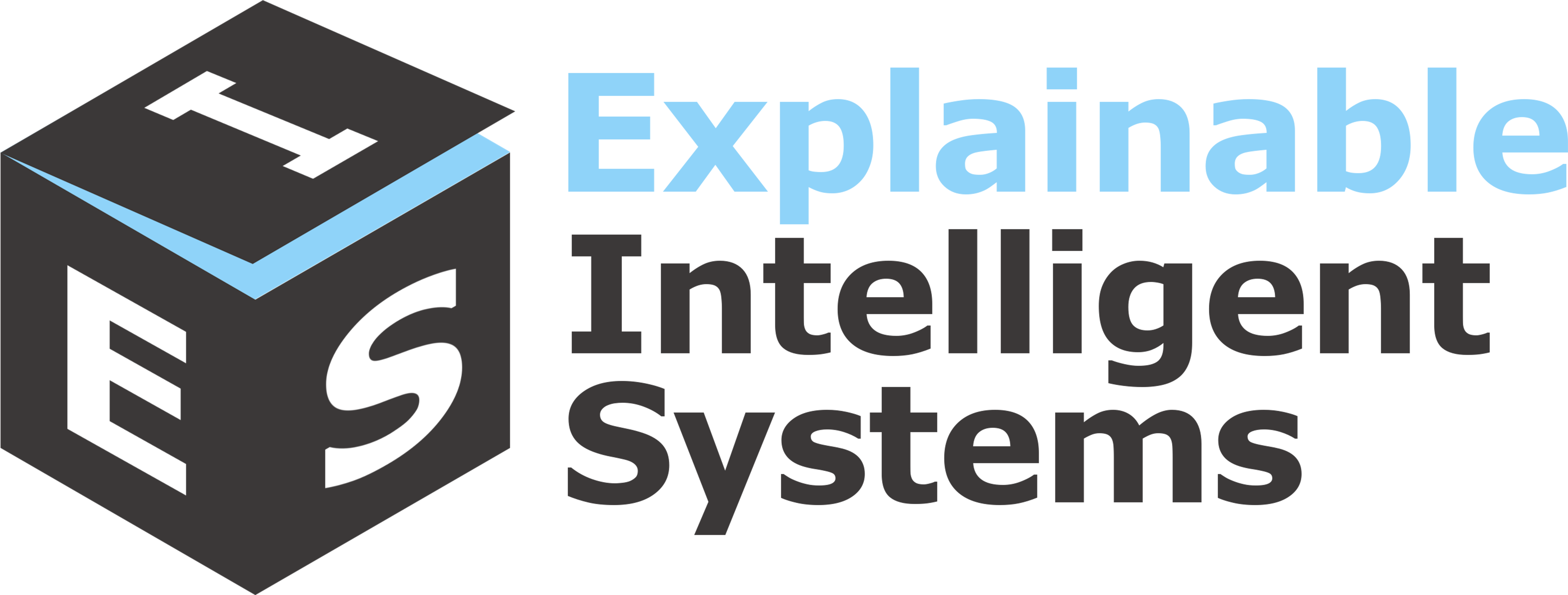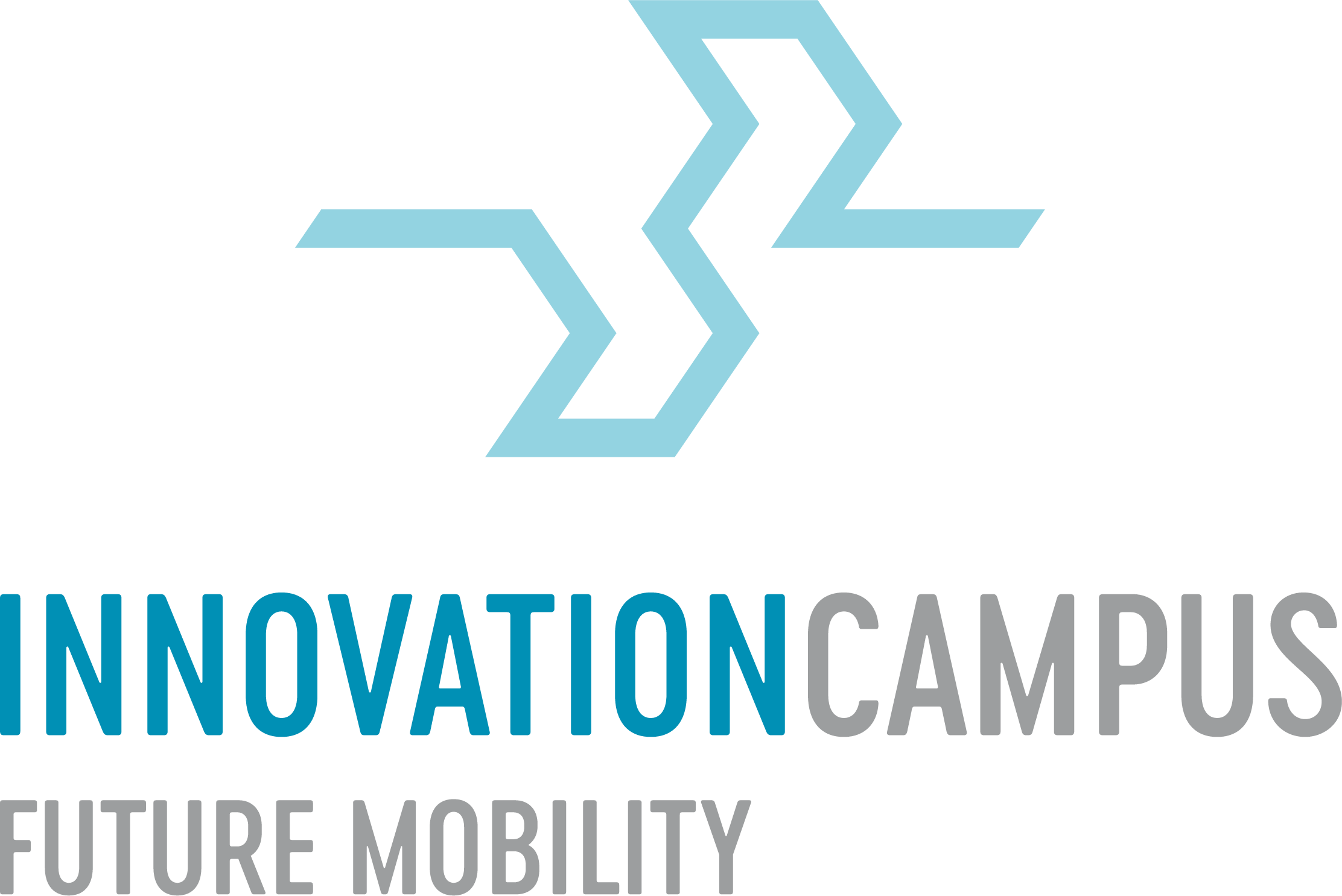4th International Workshop on Explainability Engineering (ExEn)
The ExEn Workshop is co-located with the 46th International Conference on Software Engineering (ICSE 2024) in Lisbon, Portugal

About ExEn
Explainability has become a hot topic and communities from different areas of knowledge have been researching it actively. The primary purposes of this workshop are to advance engineering for explainable systems, build a community, and foster interdisciplinary exchange. We believe that the methods and techniques of the SE community would add a lot of value to the explainability research and also ensure that we develop such techniques in parallel to the needs of other communities. This workshop should work as a starting point in exploring synergies between the SE community and other communities that are already actively researching explainability. To achieve that, our agenda will be based on a mix of paper presentations, a keynote, and interactive activities to stimulate lively discussions.
The ExEn Workshop is the successor of the International Workshop on Requirements Engineering for Explainable Systems (RE4ES) at the IEEE International Requirements Engineering Conference.
Advance ExEn
We foresee explainability as one of the key quality attributes for future systems. This workshop shall foster research by offering a platform that attracts research on and increase the visibility of the topic. We hope to create momentum and provide opportunities to combine research and practice towards explainability.
Community Building
This workshop aims to establish and strengthen links in the community and foster communication between researchers working in the different fields that research on explainability. We can interactively compare the state of the art, understand research gaps, and inspire new work.
Interdisciplinary Exchange
We have a vision of bringing researchers from different disciplines together to learn from them and propose solutions that fit the reality of research and practice. We are convinced that with the help of other research disciplines we can make a major contribution towards explainable software and explainable systems.
Featured Keynote

Prof. Irit Hadar
Irit Hadar is the Head of the Department of Information Systems, University of Haifa. Hadar also co-founded and heads the multidisciplinary research hub „Design Thinking for Socio-Technical Innovation“, involving members from 15 different research disciplines engaged in research promoting human values via information & software technology. She received her Ph.D. from the Technion – Israel Institute of Technology. Her research focuses on cognitive and social aspects of software engineering, with emphasis on requirements engineering, privacy, and security. Hadar serves as an editorial board member of the international journals Empirical Software Engineering and Requirements Engineering, and as the PC Co-Chair of IEEE Int. Conf. on Requirements Engineering 2024.
For more information, see http://is.haifa.ac.il/~hadari.
Illuminating the black mirror in system design: Promoting human values and their reflection through explainability
Explainability transcends the realm of individual requirements; it further serves as a mirror reflecting how a system addresses various demands. While we assess the quality of explainability based on the system’s ability to elucidate its outcomes, the very need for explanation sheds light on design decisions, fostering higher awareness of human values like ethics and responsibility. In this talk, I will delve into the current priorities of software developers concerning the integration of specific quality attributes addressing human values, such as privacy, security, and sustainability into the software they develop. Drawing from theories rooted in cognitive science, psychology, and organizational science, I will explore strategies for elevating these priorities within organizational contexts, where needed. Finally, I will propose approaches showing promise for promoting attitudes and behaviors supporting explainability and for understanding its interplay with other objectives guiding the system development process.




